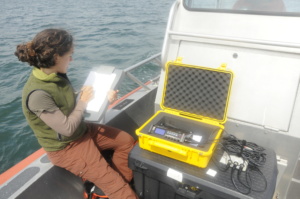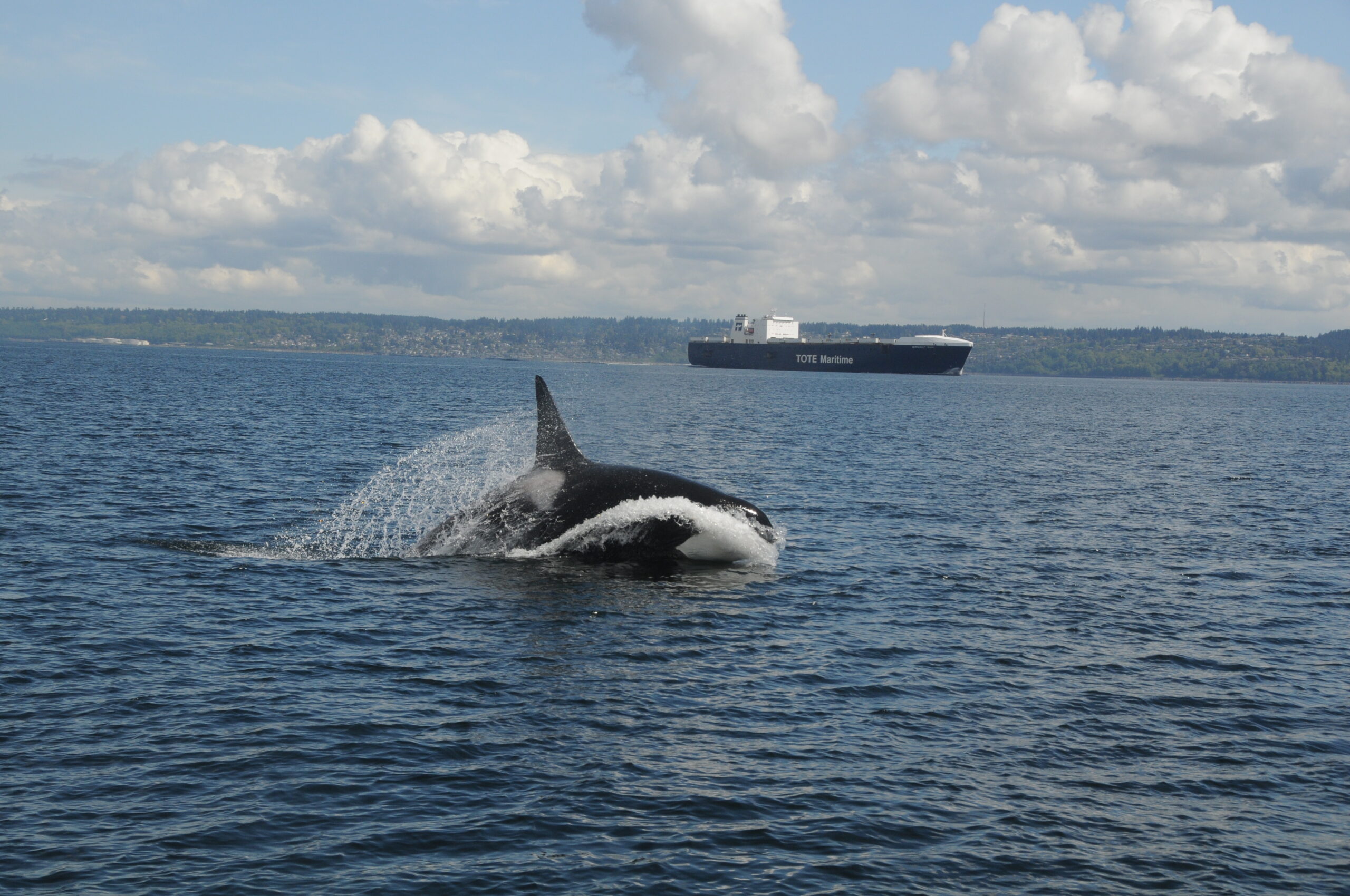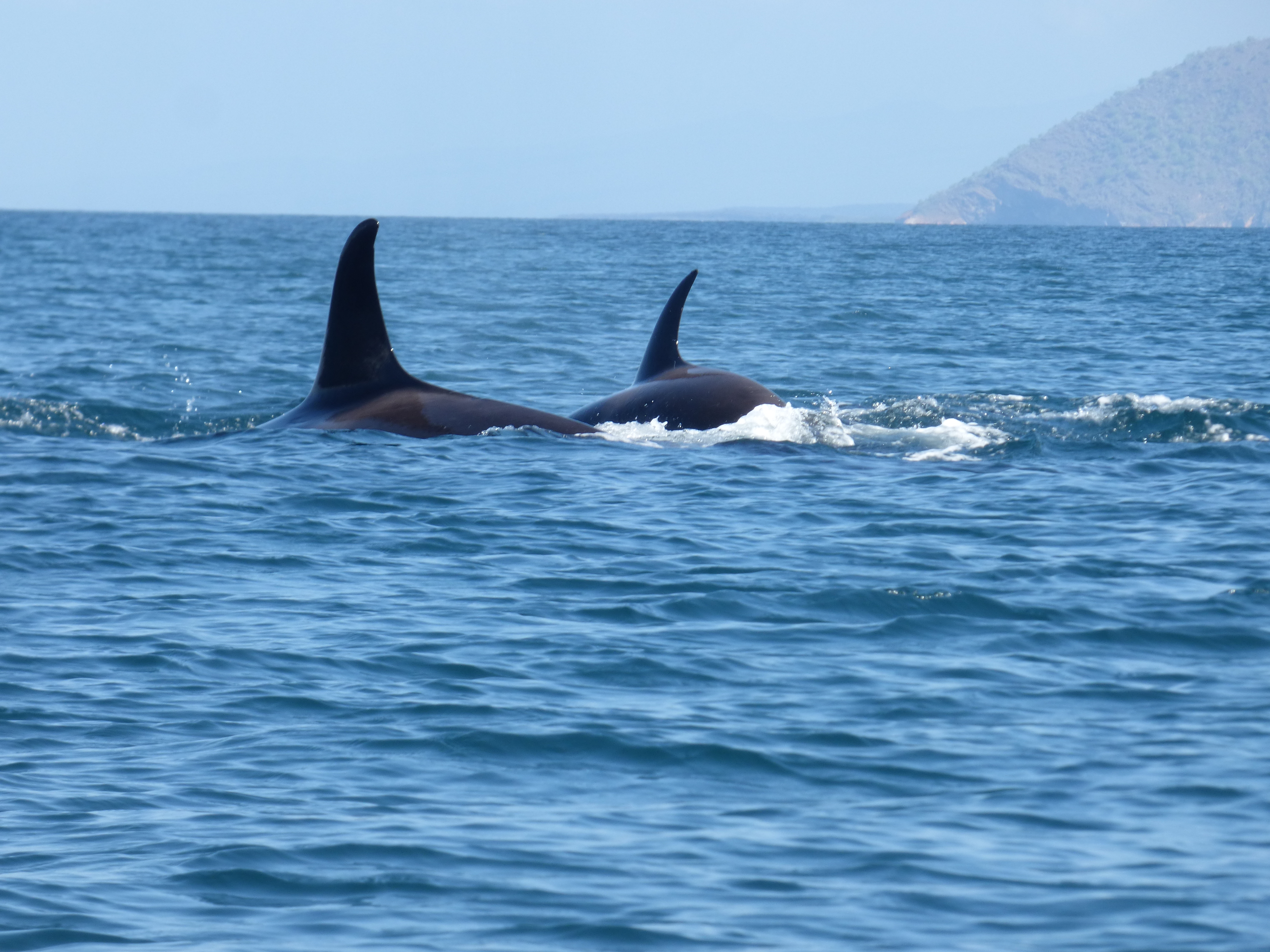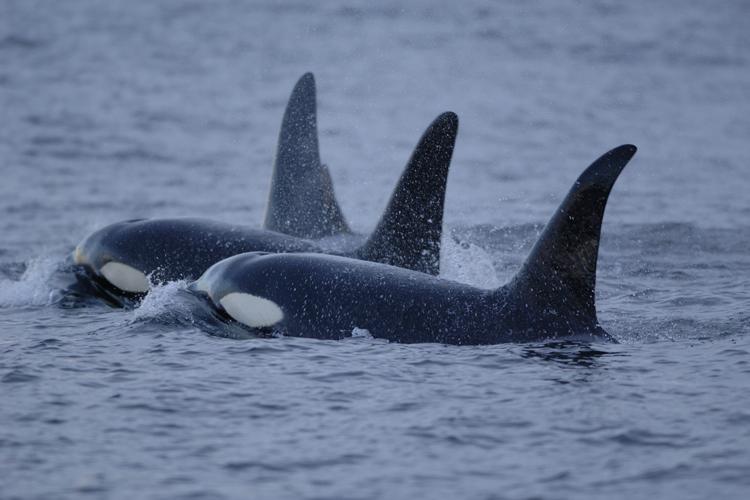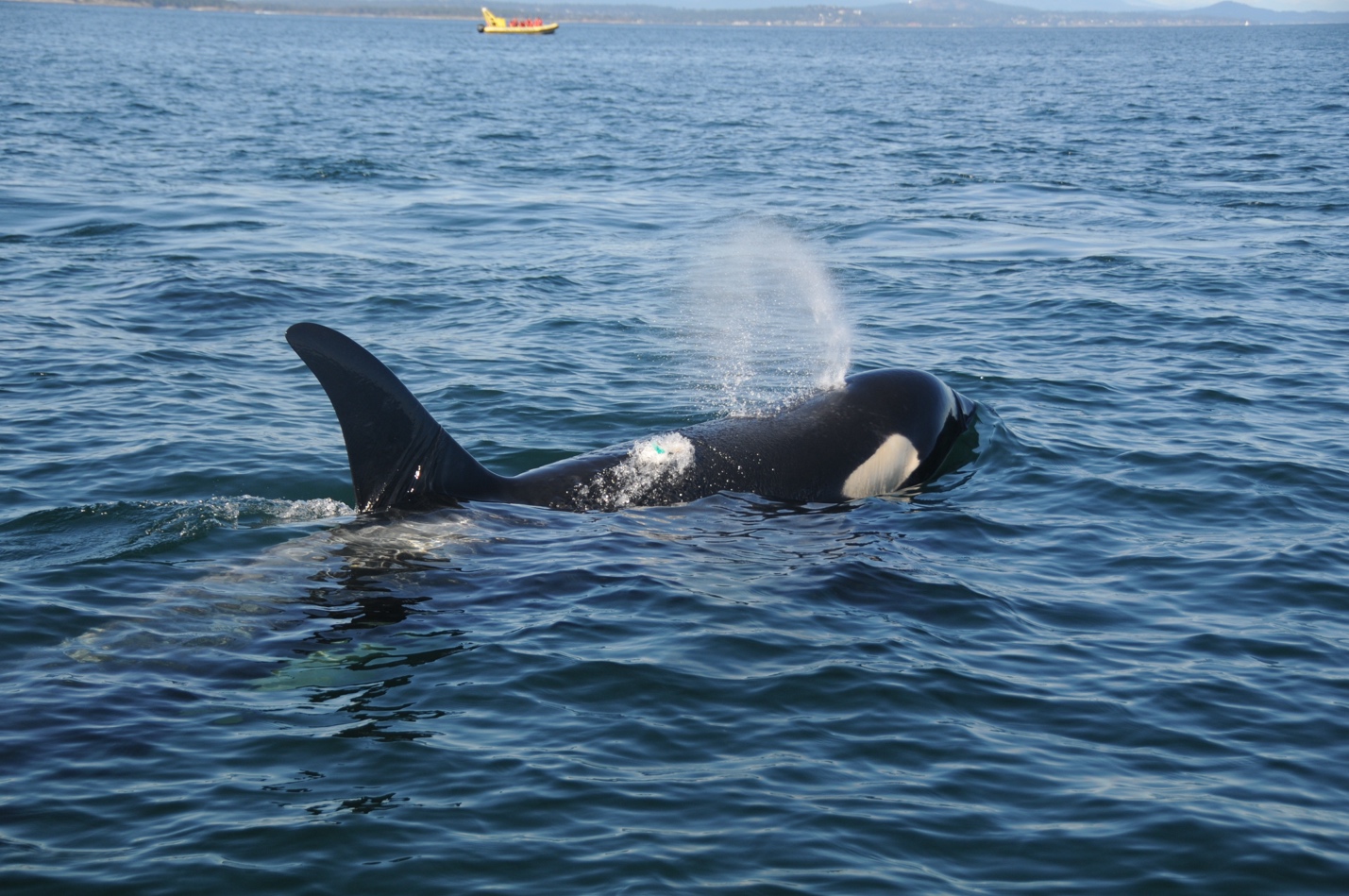Dr. Jennifer Tennessen
PI, Research Scientist
Dr. Jennifer Tennessen is a Senior Research Scientist at the Center for Ecosystem Sentinels, in the Biology Department at the University of Washington. She holds a BS in Biology and a MS in Conservation Biology from the University of Wisconsin – Madison, and a PhD in Ecology from The Pennsylvania State University. She is broadly interested in the consequences of global change on animal ecology. Dr. Tennessen’s work spans marine and terrestrial systems, and weaves together bioacoustics, movement ecology, animal behavior, ecophysiology, and conservation biology, to discover the diverse strategies animals employ to cope with global change. For over a decade she has studied how novel acoustic environments affect the sounds animals use to communicate, the ways their physiological and immune systems respond to acoustic stressors, and the impacts of novel sound on behavioral ecology.
She primarily focuses on cetacean and anuran systems, two groups threatened globally. Her past work has investigated (1) behavioral ecology of killer whales (Orcinus orca), (2) acoustic masking of communication between mother-calf pairs of North Atlantic right whales (Eubalaena glacialis), and (3) noise impacts on reproductive behavior, glucocorticoid stress and immune responses in several frog species.
Currently, Dr. Tennessen and collaborators from NOAA’s Northwest Fisheries Science Center use high resolution suction cup-attached biologging tags to study the fine-scale subsurface movement patterns and sound production of two at-risk populations of fish-eating killer whales that spend a significant part of the year in the coastal and inland waters of Washington state and British Columbia. These populations (Northern and Southern resident killer whales) live in partial sympatry but have experienced divergent population growth trajectories over the past few decades. Dr. Tennessen’s research uses behavioral data from tags to develop methods to identify successful foraging outcomes based on unique movement signatures, characterize foraging behavior over 24-hr periods, and test environmental and demographic factors related to divergent patterns of population growth.
Dr. Tennessen has received funding from government agencies, academic institutions and organizations including NSF, NOAA, Canada’s Department of Fisheries and Oceans, the Animal Behavior Society, Wildlife Acoustics, and the American Society for Ichthyology and Herpetology. Her research has been covered by media outlets including Seattle’s King5 News and the Canadian Broadcasting Company’s radio show “Quirks and Quarks”, and in magazines including National Geographic, The Atlantic, and The Wildlife Society.
Recent publications
Other publications
Dominoni, D.M., Halfwerk, W., Baird, E., Buxton, R.T., Fernández-Juricic, E., Fristrup, K.M., McKenna, M.F., Mennitt, D.J., Perkin, E.K., Seymoure, B.M., Stoner, D.C., Tennessen, J.B., Toth, C.A., Tyrrell, L.P., Wilson, A., Francis, C.D., Carter, N.H., Barber, J.R. 2020. Why conservation biology can benefit from sensory ecology. Nature Ecology and Evolution 4, 502-511. https://doi.org/10.1038/s41559-020-1135-4
(majority of authors listed alphabetically)
Tennessen J.B., Holt M.M., Ward E.J., Hanson M.B., Emmons C.K., Giles D.A., Hogan J. 2019. Hidden Markov models reveal variability in behavior of fish-eating killer whales. Scientific Reports 9, 1-12. https://doi.org/10.1038/s41598-019-50942-2
Top 100 in Ecology list for Scientific Reports
Coverage: Seattle PBS
Tennessen J.B., Holt M.M., Hanson M.B., Emmons C.K., Giles D.A., Hogan J. 2019. Kinematic signatures of prey capture from archival tags reveal sex differences in killer whale foraging activity. Journal of Experimental Biology 222, jeb191874. https://doi.org/10.1242/jeb.191874
Coverage: TV news interviews on Seattle’s King5 News and Q32Fox
Tennessen J.B, Parks S.E., Swierk L., Reinert L., Holden W., Rollins-Smith L.A., Langkilde T. 2018. Frogs adapt to physiologically costly anthropogenic noise. Proceedings of the Royal Society B: Biological Sciences 285: 20182194. https://doi.org/10.1098/rspb.2018.2194
Coverage: The Atlantic, The Wildlife Society, ScienceDaily, AmphibiaWeb.org, Earth.com, iNews
Latest news
-
Dr. Tennessen attends SRKW workshop
Written by Dr. Jennifer Tennessen In early March, Dr. Jennifer Tennessen participated in a 3-day expert workshop on Southern Resident killer whale biology and conservation in Vancouver, British Columbia. The workshop was motivated by the increasingly dire situation facing this endangered population of orcas, which spends a large part of the year in the inland…
